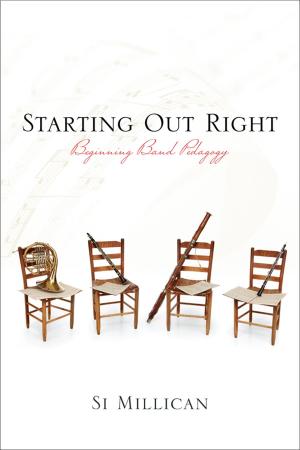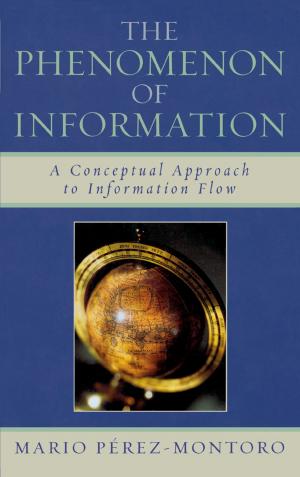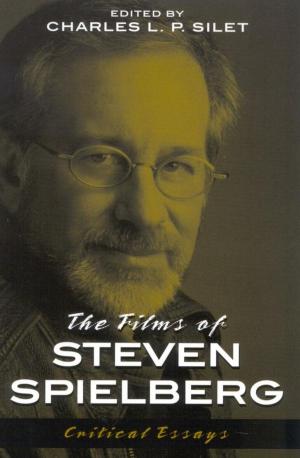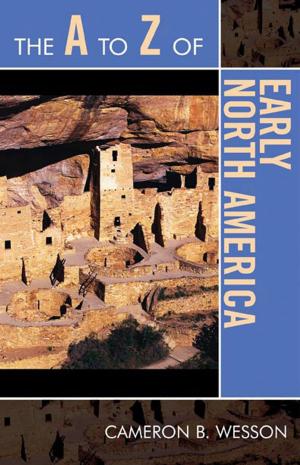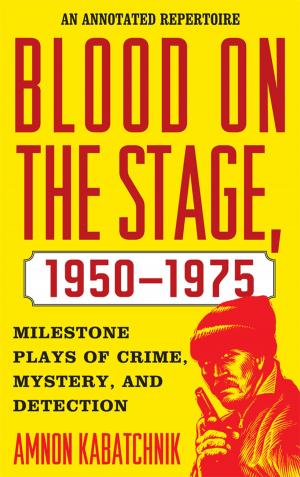Historical Dictionary of Chinese Foreign Policy
Nonfiction, Reference & Language, Dictionaries, History, Asian, China, Social & Cultural Studies, Political Science, International, International Relations| Author: | Robert G. Sutter | ISBN: | 9780810870840 |
| Publisher: | Scarecrow Press | Publication: | May 5, 2011 |
| Imprint: | Scarecrow Press | Language: | English |
| Author: | Robert G. Sutter |
| ISBN: | 9780810870840 |
| Publisher: | Scarecrow Press |
| Publication: | May 5, 2011 |
| Imprint: | Scarecrow Press |
| Language: | English |
The foreign relations of the People's Republic of China have gone through dramatic change since 1949. The strong-man rule of Mao Zedong and the Chinese Communist Party leader's dominance of Chinese foreign policy decision making for three decades witnessed dramatic swings in alignment, repeated and strong commitments to revolutionary goals and ideals, and spasms of destructive mass campaigns within China that spilled over to impact Chinese foreign relations. Contrastingly, as China emerged in the 21st century as an economic and military power second only to the United States, the new generations of Chinese leaders followed collaborative and consultative patterns of foreign policy making at home and abroad, seeking to sustain into the coming decades the generally favorable recent international circumstances seen as providing a prolonged period of "strategic opportunity" for China's economic and broader national development.
Historical Dictionary of Chinese Foreign Policy covers the more than 60 years of the foreign policy of the People's Republic of China. It provides reliable and comprehensive information and assessments about the major actors, developments, and other aspects of the foreign policy and foreign relations of the People's Republic of China. This is done through a chronology, an introductory essay, and over 500 cross-referenced dictionary entries dealing with important individuals, events, and other aspects of the foreign policy of this important country. It is an excellent access point for students, researchers, and anyone wanting to know more about Chinese foreign policy.
The foreign relations of the People's Republic of China have gone through dramatic change since 1949. The strong-man rule of Mao Zedong and the Chinese Communist Party leader's dominance of Chinese foreign policy decision making for three decades witnessed dramatic swings in alignment, repeated and strong commitments to revolutionary goals and ideals, and spasms of destructive mass campaigns within China that spilled over to impact Chinese foreign relations. Contrastingly, as China emerged in the 21st century as an economic and military power second only to the United States, the new generations of Chinese leaders followed collaborative and consultative patterns of foreign policy making at home and abroad, seeking to sustain into the coming decades the generally favorable recent international circumstances seen as providing a prolonged period of "strategic opportunity" for China's economic and broader national development.
Historical Dictionary of Chinese Foreign Policy covers the more than 60 years of the foreign policy of the People's Republic of China. It provides reliable and comprehensive information and assessments about the major actors, developments, and other aspects of the foreign policy and foreign relations of the People's Republic of China. This is done through a chronology, an introductory essay, and over 500 cross-referenced dictionary entries dealing with important individuals, events, and other aspects of the foreign policy of this important country. It is an excellent access point for students, researchers, and anyone wanting to know more about Chinese foreign policy.


